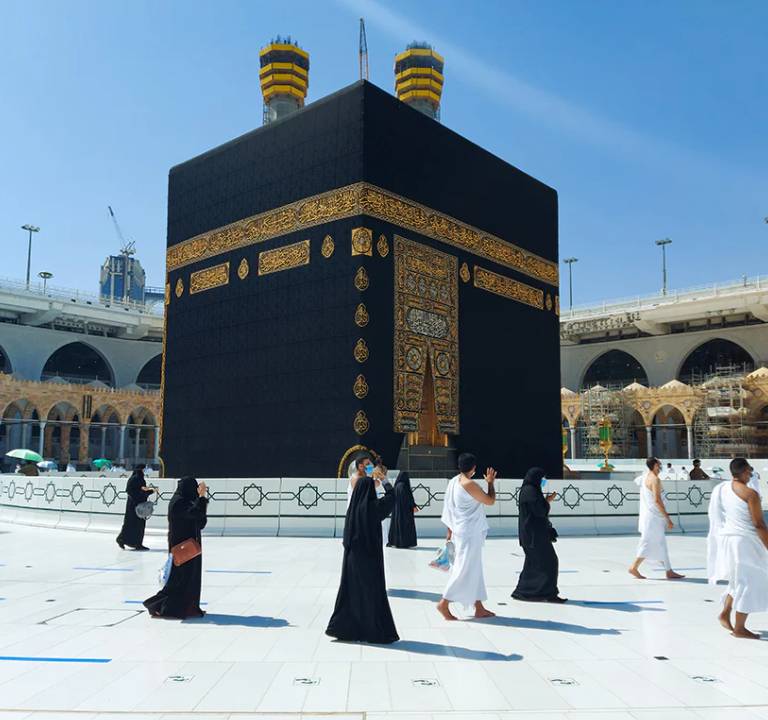
When the Quran Was Written
Understanding when the Quran was written is crucial to appreciating its historical and religious context. The Quran, the holy book of Islam, is considered by Muslims to be the literal word of God as revealed to the Prophet Muhammad. This blog will explore the timeline and process of how the Quran was recorded, from its initial revelations to its compilation into the book we have today.
The Revelation Period of the Quran
To grasp when the Quran was written, it is essential to start with the period of its revelation. The Quran was revealed to the Prophet Muhammad over a span of 23 years. This period began in 610 CE when Muhammad was 40 years old and continued until his death in 632 CE. The revelations were delivered by the angel Gabriel and were given in various contexts and situations, addressing the needs and challenges faced by the early Muslim community.
During this time, the Quran was not written down as a complete book. Instead, the revelations were memorized and recited by the Prophet Muhammad and his followers. The Quranic verses were often recited in prayers and during gatherings, which helped preserve the message and spread it among the early Muslims. The oral tradition was crucial in the early stages of when the Quran was written, ensuring that the teachings were retained and transmitted accurately.
Recording the Quran in Written Form
The process of recording the Quran in written form began after the death of the Prophet Muhammad. During his lifetime, the Quranic verses were written on various materials, including parchment, bones, and leaves. These fragments were kept by the Prophet’s companions, known as the Sahaba. However, there was no single compiled book of the Quran during this period.
Following the death of Muhammad, the first caliph, Abu Bakr, recognized the need to compile the Quran into a single book to preserve its integrity. This decision came after the Battle of Yamama in 632 CE, where many of those who had memorized the Quran were killed. Fearing that the Quran might be lost, Abu Bakr initiated the compilation process. Under the leadership of Zaid ibn Thabit, who had been one of the Prophet’s scribes, the various written fragments and oral recitations were gathered and compiled into a single manuscript.
The Compilation Under Caliph Uthman
The initial compilation of the Quran was completed during the caliphate of Abu Bakr. However, as the Islamic empire expanded, different regions began to use varying recitations and readings of the Quran. To standardize the text and prevent disputes, the third caliph, Uthman ibn Affan, ordered a revision and distribution of the Quranic text.
In around 650 CE, Uthman commissioned a committee led by Zaid ibn Thabit to produce a standardized version of the Quran. The committee compared the collected manuscripts and oral recitations to ensure accuracy and consistency. The finalized version was written in a single script and distributed to different parts of the Islamic empire. Uthman’s version is the one that has been preserved to this day, making it a crucial milestone in understanding when the Quran was written and how it was standardized.
Preservation and Transmission
The process of when the Quran was written did not end with its compilation. The preservation of the Quran involved meticulous care and dedication. The standardized text compiled by Uthman was copied and distributed widely, ensuring that the text remained consistent across the Islamic world.
Muslims have always placed great emphasis on memorizing the Quran, a practice that continues to this day. Many early Muslims who memorized the Quran were known as Huffaz, and their efforts contributed to the preservation of the text. The practice of memorization complemented the written copies and played a crucial role in maintaining the integrity of the Quran.
The Quran’s Influence Over Time
The historical process of when the Quran was written highlights its significance in shaping Islamic history and culture. The compilation and standardization of the Quran helped solidify its role as the central text in Islam. Over time, the Quran has influenced various aspects of Muslim life, including religious practices, legal systems, and cultural traditions.
The Quran’s impact has extended beyond its initial period of revelation and compilation. It has been a source of guidance, inspiration, and reflection for Muslims throughout history. Its teachings continue to play a central role in the daily lives of Muslims, guiding their spiritual, moral, and social conduct.
The Quran’s Preservation in Modern Times
In modern times, the process of when the Quran was written is a testament to its enduring significance. The Quran remains one of the most widely read and memorized books in the world. Efforts to preserve and study the Quran continue through various means, including digital and printed copies, scholarly research, and educational programs.
The Quran’s preservation is not only a matter of historical interest but also of religious importance. Muslims believe that the Quran is the final and unaltered word of God, and its preservation reflects the divine promise of safeguarding its message for future generations.
Conclusion
Understanding when the Quran was written involves recognizing the historical process of its revelation, compilation, and preservation. The Quran was revealed to the Prophet Muhammad over 23 years, with its initial transmission being oral. The compilation into a single manuscript occurred under the caliphates of Abu Bakr and Uthman, leading to the standardized text that is preserved today.
The Quran’s importance extends beyond its historical origins, influencing various aspects of Islamic life and culture. Its preservation through memorization and written copies has ensured that its teachings continue to guide and inspire Muslims around the world. The process of when the Quran was written is a testament to its enduring significance and its central role in the Islamic faith.











